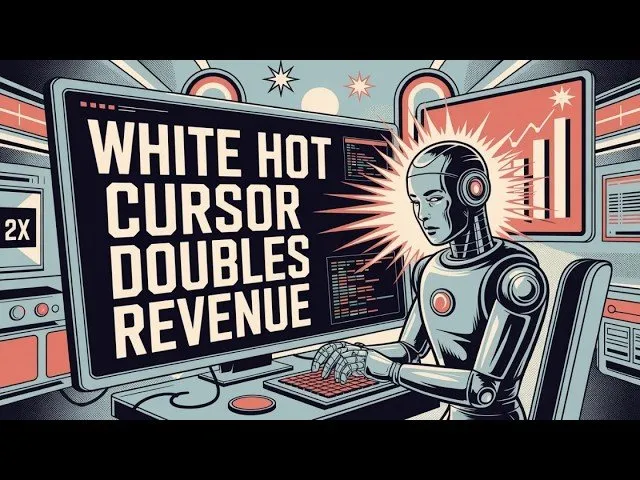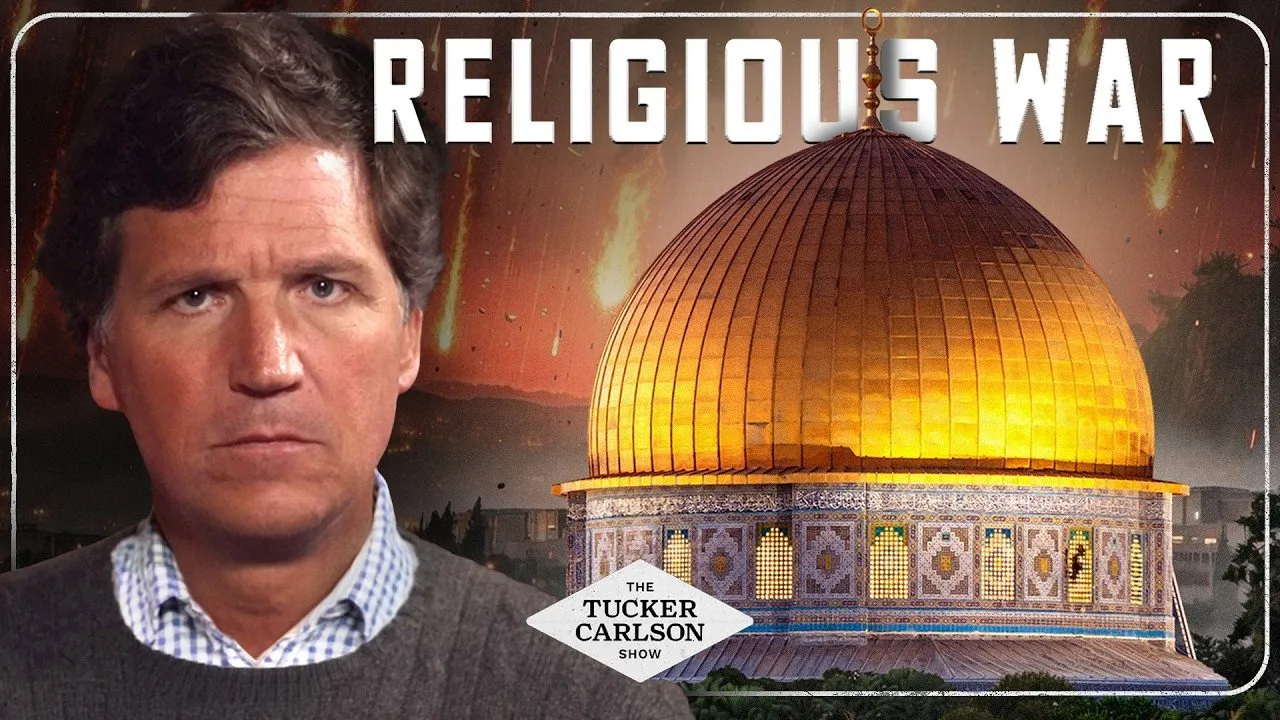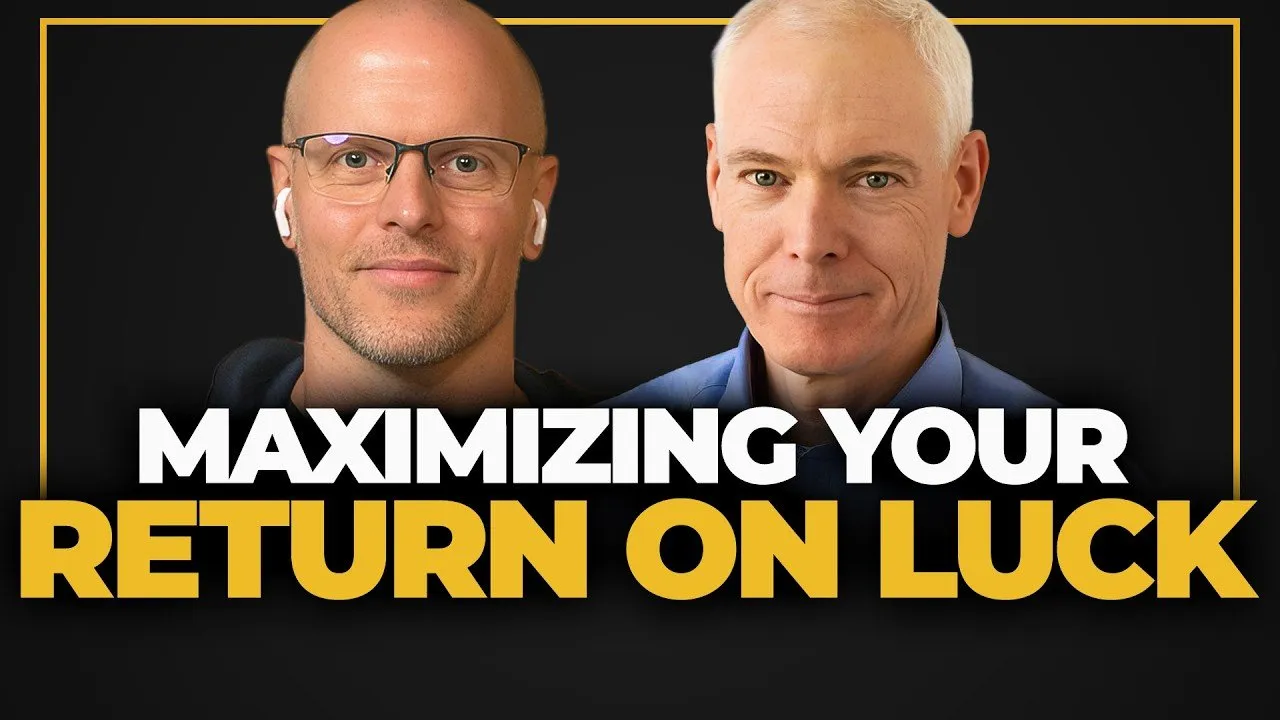Table of Contents
A Democratic socialist just won New York City's mayoral primary, catching the business community completely off-guard and sparking urgent conversations about the future of capitalism's capital.
Key Takeaways
- Business leaders experienced "hysteria" and shock when Zohran Mamdani won the Democratic primary at 10 PM on election night
- Most CEOs had never heard of Mamdani until his victory, despite his rising poll numbers in preceding months
- Public safety ranks as the top concern for business leaders, even above tax and regulatory issues
- Real estate executives show more alarm than Wall Street leaders about a potential Mamdani administration
- The mayor's limited powers provide some reassurance, as many progressive policies require state-level approval
- Mamdani has proactively reached out to business leaders since September 2023, impressing them with his communication skills
- Generational divides within New York's Jewish community complicate Mamdani's relationship with traditional power brokers
- Global focus of modern businesses has disconnected CEOs from local New York politics
- Housing affordability emerges as unexpected common ground between progressive candidate and business interests
The Shock Heard Around Wall Street
When Zohran Mamdani secured the Democratic nomination for New York City mayor, the reaction from the city's business elite was immediate and visceral. Kathy Wild, president and CEO of the Partnership for New York City, described the mood among her members using one word: "hysteria." The shock wasn't just about a progressive winning—it was about how completely blindsided the business community had been.
- Most CEOs learned about Mamdani's existence at 10 PM on primary night, despite his months-long rise in polling data that political observers had been tracking closely
- The business community had essentially accepted Andrew Cuomo as the inevitable nominee, viewing his candidacy with resignation rather than enthusiasm
- Wild immediately pivoted into damage control mode, reassuring panicked members that many of Mamdani's most concerning proposals fell outside mayoral authority
- Financial industry leaders showed less concern than expected, partly because federal regulations severely limit their political donations to local candidates anyway
The disconnect reveals something profound about how New York's global business leaders engage with local politics. These executives run worldwide operations, splitting their attention between international markets and Washington regulatory issues. Local politics had become a sideshow—until suddenly it wasn't.
The Real Estate Panic
While Wall Street took the news with relative equanimity, New York's real estate sector erupted in alarm. Unlike other business leaders whose concerns center on policies beyond mayoral control, real estate executives face direct exposure to City Hall's authority over land use, zoning, and development approvals.
- Real estate leaders quickly pivoted their financial support from Cuomo to Eric Adams, viewing Adams as someone they "can do business with"
- The mayor controls crucial real estate functions including rezoning efforts, construction permits, and land use proceedings that directly impact development profits
- Property taxes represent roughly 30% of rent costs in rent-regulated buildings, giving the mayor significant influence over housing affordability through city spending decisions
- Real estate executives appreciated Adams' pro-growth policies and his historic rezoning efforts that changed the city's zoning code for the first time since 1961
This sector-specific fear highlights how different business interests face varying levels of exposure to local political changes. While a bank CEO might worry about symbolic issues or talent retention, a developer faces immediate financial consequences from shifting municipal policies.
The Surprising Moderate
Despite campaign rhetoric painting him as a radical, Mamdani's actual interactions with business leaders have produced unexpectedly positive responses. Wild, who first met with him when he was polling at just 1%, found him "smart and interesting" and someone genuinely "interested in learning more."
- Mamdani reached out to Wild in September 2023 for coffee, showing political savvy by building relationships with power brokers months before anyone took his campaign seriously
- Business leaders who've spoken with him describe him as "the politician of a generation" and praise his communication skills and willingness to listen
- His campaign successfully expanded the electorate to include previously non-participating voters while maintaining appeal to some establishment figures who disagree with his policies
- Wild's advice to Mamdani focused on building relationships with the Jewish community and understanding that government spending ultimately increases costs for everyone
The candidate's pragmatic approach to relationship-building suggests a more nuanced political operation than his democratic socialist label might imply. His ability to simultaneously energize grassroots supporters and engage established power structures demonstrates sophisticated political instincts.
The Safety-First Business Agenda
When business leaders rank their concerns about New York's future, public safety dominates every other consideration—including taxes, regulations, and socialist policies. This priority reflects their understanding that New York's competitive advantage rests entirely on its ability to attract and retain talent.
- Talent retention trumps tax concerns because businesses already pay roughly 20% salary premiums for New York-based employees compared to other locations
- The Adams administration's focus on public safety, particularly under Police Commissioner Jessica Tisch, has earned widespread business community approval
- Business leaders worry that if young professionals feel unsafe using public transportation or walking city streets, New York loses its fundamental value proposition
- Mamdani has acknowledged that keeping New York attractive to talent represents a shared priority, though questions remain about his commitment to maintaining current policing levels
This safety-centric worldview explains why business leaders might accept progressive economic policies if they believe the candidate will maintain urban security. A socialist who keeps the streets safe poses less threat to their interests than a moderate who allows crime to rise.
Housing: Unexpected Common Ground
Housing affordability represents the rare issue where Mamdani's progressive agenda aligns with business community concerns. Both sides recognize that sky-high rents—averaging nearly $4,000 monthly—threaten New York's ability to attract young talent and maintain its economic competitiveness.
- Employers struggle to justify hiring in New York when housing costs force them to offer substantial salary premiums just to maintain workers' living standards
- Real estate taxes comprise 30% of rent costs in regulated buildings, suggesting that government spending directly drives housing unaffordability rather than solving it
- Construction delays and bureaucratic approvals add millions in carrying costs to development projects, with one outdated labor law alone adding 5-7% to construction expenses
- The city's litigation-heavy environment inflates insurance costs by 49% above national averages for auto insurance and 12% above average for health insurance, costs that ultimately get passed to consumers
The business community's proposed solutions focus on reducing regulatory barriers and litigation costs rather than increasing government spending. Whether Mamdani can bridge this philosophical gap between progressive spending and market-based efficiency remains an open question.
The Generational Jewish Divide
Mamdani's relationship with New York's Jewish community reveals deeper generational tensions that extend beyond typical political disagreements. His positions on Israel have created particular concern among older Jewish business leaders while finding support among younger Jewish voters.
- Traditional Jewish philanthropists helped fund institutions like Technion's Roosevelt Island campus, creating long-standing business relationships with Israeli institutions
- Holocaust survivors and their families view Israel's existence as a crucial safety guarantee, making mayoral candidates' positions on Middle East policy symbolically important
- Mamdani has built support among young Jewish voters who prioritize Palestinian rights alongside Jewish security concerns
- Business leaders worry that a mayor openly critical of Israel could damage New York's reputation as a welcoming city for Jewish businesses and institutions
This divide reflects broader generational shifts in American Jewish political attitudes, with younger voters more willing to criticize Israeli policies while maintaining support for Jewish security. Mamdani's challenge involves respecting both perspectives while governing a diverse city.
The Global Disconnect
The business elite's surprise at Mamdani's victory exposes how globalization has shifted their attention away from local politics. CEOs who once focused primarily on New York now split their attention between worldwide markets, federal regulations, and international competitors.
- Modern business leaders spend their time traveling globally rather than engaging with local neighborhood issues that drive voter behavior
- The shift from local industrial economy to global digital economy has redirected executive attention toward Washington and international markets
- Social media-driven political movements operate in spaces where traditional business leaders have minimal presence or understanding
- Former Mayor Bloomberg represented the last major figure who consistently forced global business leaders to focus on New York City issues through his philanthropic leadership and thought leadership
This disconnect suggests that future political surprises may become more common as business elites lose touch with the social media-driven grassroots movements that increasingly determine electoral outcomes. The days when business leaders could predict political winds through traditional networking may be ending.
The election results demonstrate how dramatically New York's political landscape has shifted. A Democratic socialist who built his campaign through social media organizing and grassroots fundraising defeated a candidate backed by millions in traditional business donations. Whether this represents a temporary anomaly or a permanent realignment depends largely on how well Mamdani governs and whether he can maintain relationships with both his progressive base and the business community whose cooperation he needs to run the city effectively.
The business community's willingness to engage with Mamdani despite ideological disagreements suggests that pragmatic governance may be possible. Their primary concerns—public safety and talent retention—align with basic mayoral responsibilities that transcend political philosophy. If Mamdani can deliver on these fundamentals while pursuing his progressive agenda within appropriate constraints, he may prove that democratic socialism and business interests can coexist in America's economic capital.
The Path Forward
Mamdani's victory represents more than a political upset—it signals a fundamental shift in how campaigns are won and governed in America's largest city. The business community's initial shock has given way to cautious engagement, recognizing that their core concerns about safety and talent retention may actually align with the new mayor's agenda. The real test lies not in ideological purity but in practical governance: whether a Democratic socialist can deliver results that keep New York competitive while advancing progressive values.
Practical Implications
- Campaign Finance Revolution: Traditional big-dollar donors may lose influence as social media-driven grassroots campaigns prove more effective at reaching voters
- Public Safety as Bipartisan Priority: Both progressive and business interests converge on maintaining safe streets as essential for economic vitality
- Housing Policy Realignment: Expect greater focus on reducing regulatory barriers and bureaucratic delays rather than purely spending-based solutions
- Business Engagement Strategy: Companies will need to develop new approaches for engaging with politically diverse leadership beyond traditional lobbying and donations
- Generational Political Shift: Younger voters' priorities around social justice and affordability will increasingly drive electoral outcomes regardless of business preferences
- Real Estate Sector Vulnerability: Property developers face the highest exposure to policy changes and may need to adapt business models for more regulated environment
- Talent Retention Focus: Companies will prioritize policies that help attract and retain young workers over traditional tax reduction strategies
- Local-Global Balance: Business leaders may need to refocus attention on local politics as grassroots movements gain power to affect their operations
The election results demonstrate how dramatically New York's political landscape has shifted. A Democratic socialist who built his campaign through social media organizing and grassroots fundraising defeated a candidate backed by millions in traditional business donations. Whether this represents a temporary anomaly or a permanent realignment depends largely on how well Mamdani governs and whether he can maintain relationships with both his progressive base and the business community whose cooperation he needs to run the city effectively.
The business community's willingness to engage with Mamdani despite ideological disagreements suggests that pragmatic governance may be possible. Their primary concerns—public safety and talent retention—align with basic mayoral responsibilities that transcend political philosophy. If Mamdani can deliver on these fundamentals while pursuing his progressive agenda within appropriate constraints, he may prove that democratic socialism and business interests can coexist in America's economic capital.





